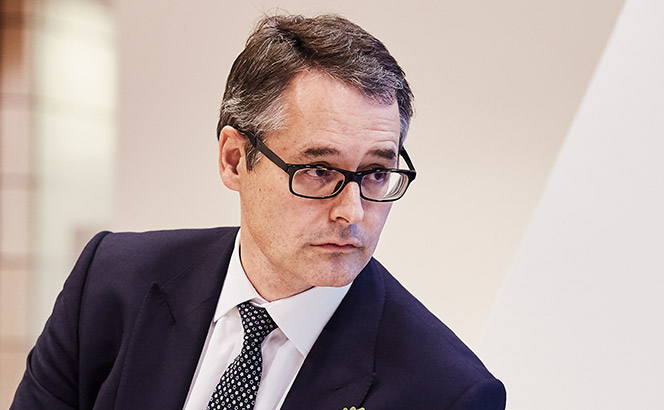
Squire Patton Boggs (SPB) has become the latest firm to wade into the thorny environmental, social and governance debate, unveiling a UK ESG strategy with a pledge to hit net zero carbon emissions by 2035.
The Cleveland-headquartered firm, which has UK offices in London, Leeds, Manchester and Birmingham, is targeting a 15% reduction year on year, which it hopes will see emissions fall by 70% by the end of the decade.







